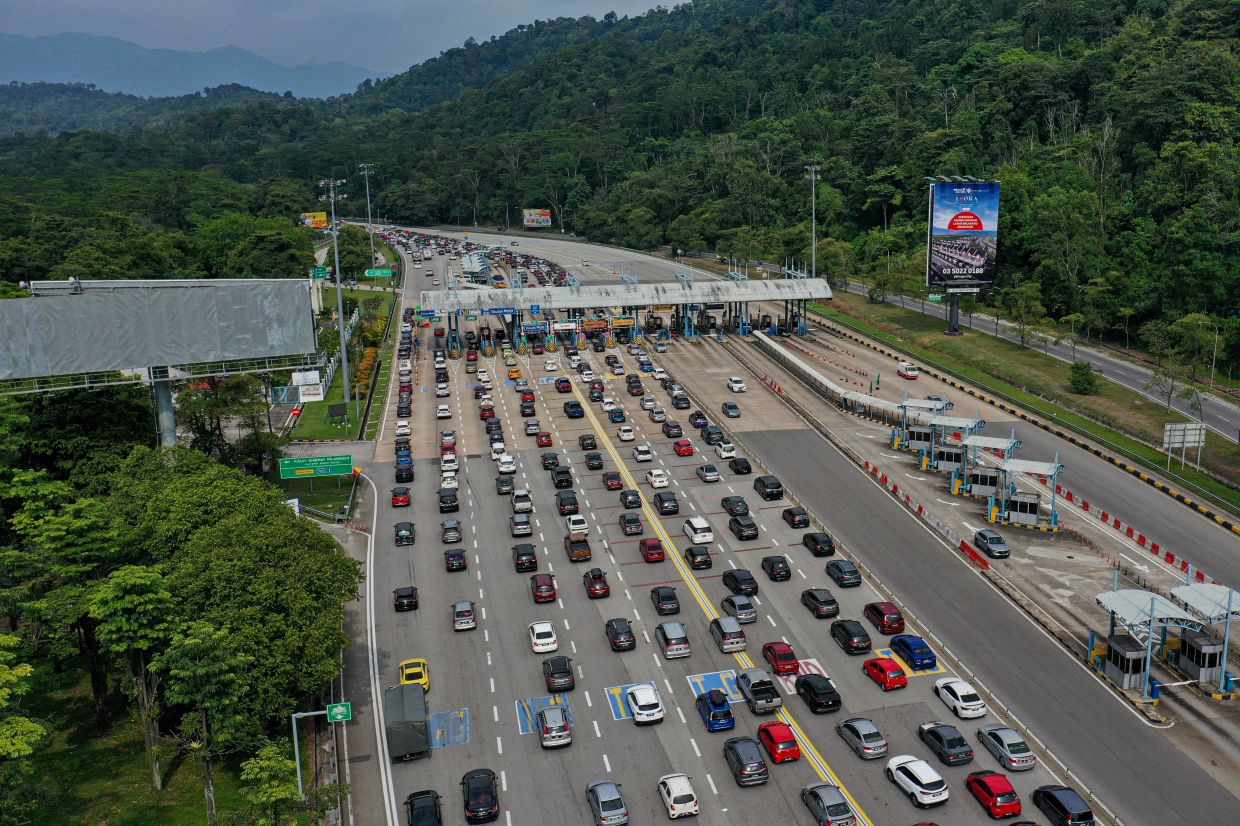KOTA KINABALU: Two Sabah organisations raised concerns over the upcoming minimum wage hike from RM1,500 to RM1,700 which is set to take effect in February next year.
While acknowledging the government’s intent to improve workers’ earnings, the Federation of Chinese Associations Sabah (FCAS) and the Federation of Sabah Industries (FSI) are calling for a more gradual implementation, particularly in Sabah and East Malaysia, where economic conditions differ significantly from more developed states.
FCAS president Tan Sri TC Goh cautioned that a sudden increase in wages could strain small and medium enterprises (SMEs), potentially leading to layoffs, businesses downsizing, or even closures.
Goh noted that businesses in less developed regions, such as Sabah, Sarawak, and states on the East Coast of Peninsular Malaysia, face unique challenges that make it difficult to absorb the increased labour costs.
“The same issues exist in various states, including the East Coast of Peninsular Malaysia, particularly in the six states classified as “underdeveloped” under the 12th Malaysia Plan - Sabah, Sarawak, Perlis, Kedah, Kelantan, and Terengganu.
“Business environment in these states is not as vibrant as in other regions, making it difficult for many employers to keep up with the government’s wage adjustment policy,” he said.
He, therefore, suggested that the wage increment should be implemented progressively, considering local business environments, to avoid backfiring and increasing unemployment.
He said the initiative should be implemented progressively in East Malaysia, rather than in a one-size-fits-all manner.
“Furthermore, the basic infrastructure, including roads, electricity, and water supply in East Malaysia, Sabah in particular, are long neglected by the Federal Government and remain in dire need of improvement.
“Likewise, the standard of living in these areas also needs to be lifted,” he said.’
Echoing his sentiments, FSI president Richard Lim stressed the vulnerability of SMEs in Sabah, particularly those still recovering from the pandemic.
He urged both the federal and state governments to reconsider the timeline for the wage increase, proposing a delay to give businesses more time to stabilise.
“While we understand and support the Government’s intention to improve workers’ wages, the timing of this increase is challenging for SMEs in Sabah. These businesses are crucial to our local economy and are already struggling to survive in the current economic climate,” he said.
He also called for additional support measures, such as grants, tax reliefs, and productivity enhancement programmes, to help SMEs cope with the rising costs.
Both leaders acknowledged the benefits of a higher minimum wage in improving workers’ quality of life but stressed the need for a balanced approach to ensure the economic recovery remains sustainable, especially in less developed regions.
The 2025 Budget also announced several key developments for Sabah, including infrastructure projects, tax incentives, and funding for education, security, and rural air services, which could help offset some of the economic challenges facing the region.










































